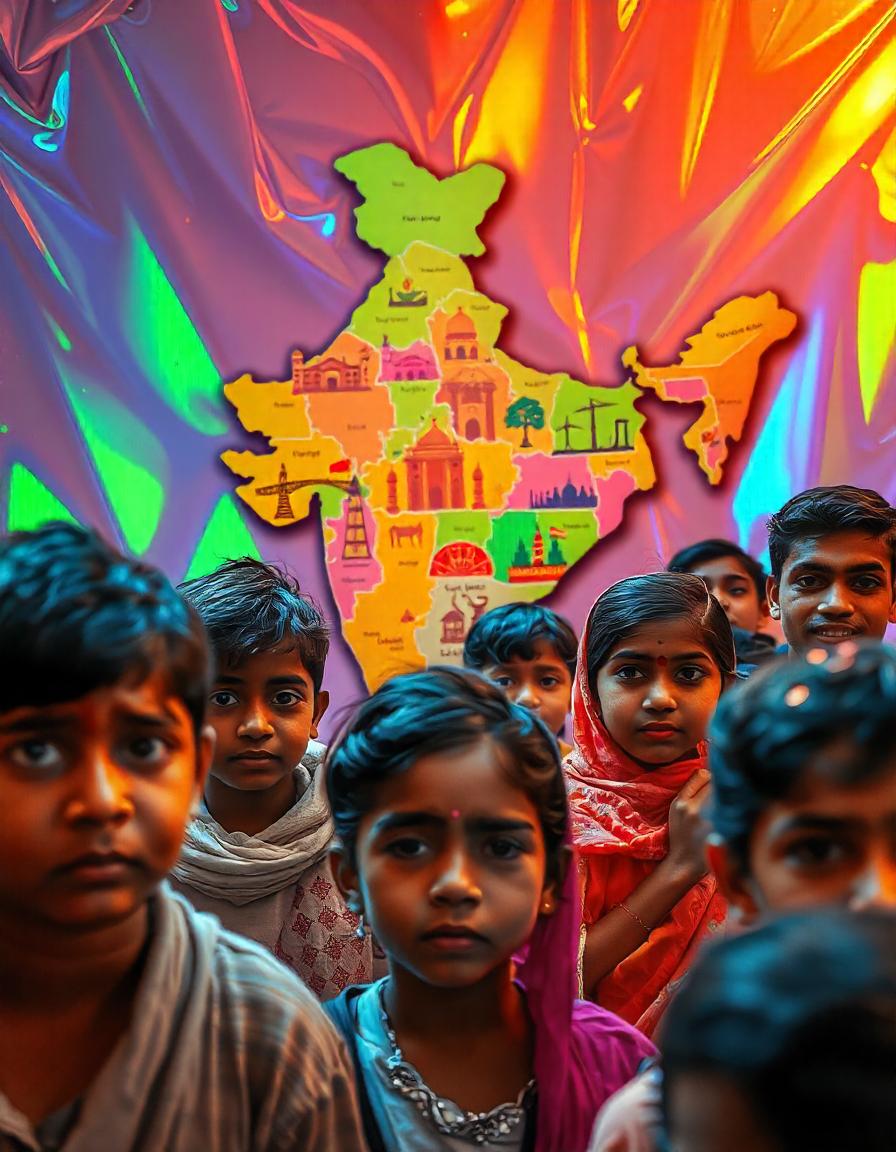The 2026 Census : After a four-year-long delay, the Union government is gearing up to conduct the Census in 2025. The originally slated for 2021 but postponed first time in 140 year history due to the COVID-19 pandemic. However, this Census is not a routine headcount. We all know that Census is critical national exercise that serves as the backbone of policy formulation. But the upcoming census will significantly reshape the future of India in several crucial ways. From political representation to social dynamics, the implications are multifaced. Let’s explore the five key impacts this Census will have on the nation.
• The 2026 Census and Delimitation
• The 2026 Census and demand for Caste Census
• The 2026 Census and Redistribution of Tax devolution
• The 2026 Census and Women Reservation
• The 2026 Census and Demography Debate
The Census and Delimitation
First of all, the it will change the political landscape. The Census will trigger a delimitation process which will lead to redistribution of parliamentary seats. This means that states like Uttar Pradesh and Bihar, with their high populations, will get more seats. However, the southern states that have effectively managed their population will see a diluted stake in national politics. This has raised concerns among Sothern states as unfair penalty for population control. This was raised by in 1970s as well, which lead to freeze in number of seats tied to 1971 census. Milan Vaishav’s study published in Carnegie shows that southern state will get 24 seats lesser while north Indian states will gain 32 seats.
Census and Caste Census
There is also an expectation that next Census may collect caste data as well to eliminate the need for a separate caste census, which has been demanded by some political parties in recent years. If the census includes caste data, which has been a poll promise by Congress and even RSS has openly endorsed the idea. The outcome of it, may lead to strengthen the caste identity which may affect many national and regional political parties. Further it could intensify demands for reservations and affirmative action, adding fuel to an already heated debate on social justice.
Census and Redistribution of Tax devolution
Thirdly, another impact would be on redistribution of central taxes by Finance commission. As population number is significant component in tax devolution formula. This means more populated states likely to receive a larger share of central funds, which will create further disparity against Southern states. Many state chief ministers have already expressed their reservation against it. For example, Karnataka contributes 2.12 rupees to central taxes for each rupee it receives from New Delhi. Compare it with India’s most populated state Uttar Pradesh which contributes only 0.56 rupees to the national treasury for each rupee it gets from center.
The Census and Demography Debate
The demographics of minority populations, particularly Muslims, will be closely monitored. Last year Research paper published by Economic advisor council to PM, Shamika Ravi – shows that the share of the majority Hindu population decreased by 7.82% between 1950 and 2015 (from 84.68% to 78.06%). The share of Muslim population in 1950 was 9.84% and increased to 14.09% in 2015.
The share of the majority Hindu population decreased by 7.82% between 1950 and 2015 (from 84.68% to 78.06%). The share of Muslim population in 1950 was 9.84% and increased to 14.09% in 2015 — a 43.15% increase in their share,” said the paper prepared by a team led by Shamika Ravi, member, EAC-PM.
As per the Census 2011, the percentage of minorities in the country is about 19.3% of the total population of the country. The population of Muslims are 14.2%; Christians 2.3%; Sikhs 1.7%, Buddhists 0.7%, Jain 0.4% and Parsis 0.006%.
Contrary to the noise in several quarters, careful analysis of the data shows that minorities are not just protected but indeed thriving in India, the study report noted.
The member of the Advisory Council also stressed the need for such studies and discussions on them, saying, “There are very few countries in the world that even define minorities, so that’s the reason I maintain, and that India is a highly progressive, liberal, plural democracy”.
Census and Women Reservation
As per women reservation bill 33 % will only come into effect only after the seats in Lok Sabha and State Assemblies are modified, following the delimitation exercise. The political empowerment of women would lead to have huge impact as voter and an policy formation as well.
The Parliament approved the 128th Constitution Amendment last year, reserving 33 % of seats in the Lok Sabha and State Assemblies for women. However, it is supposed to come into effect only after the seats in Lok Sabha and State Assemblies are modified, following the delimitation exercise.
The Act states that only after the constituency boundaries have been redrawn based on the Census can this historic reservation be implemented, adding another layer of urgency to the enumeration process.

